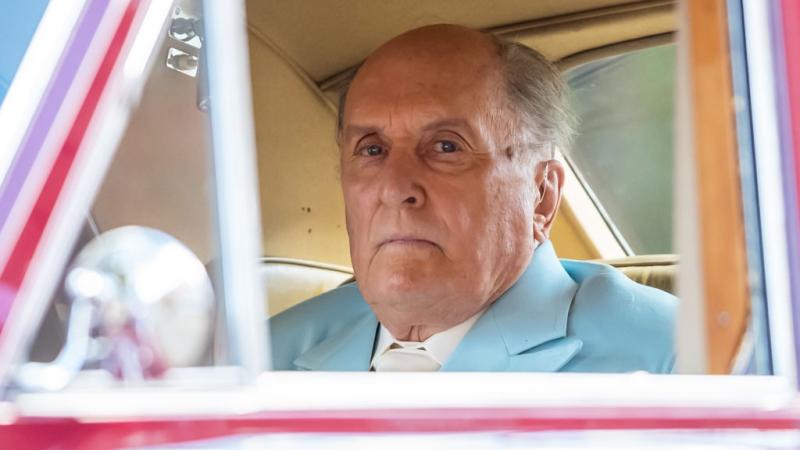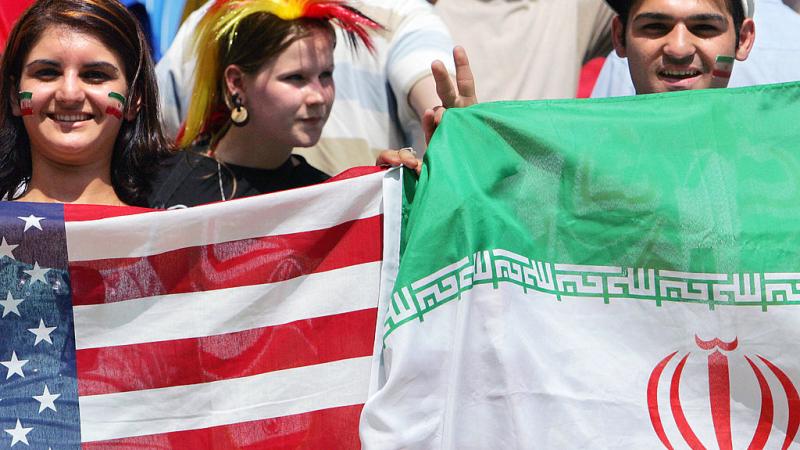Henry Kissinger 1923-2023: Titan of U.S. foreign policy, target of anti-war ire
Kissinger was the only person ever to simultaneously hold the posts of White House national security advisor and Secretary of State.
Henry Kissinger towered over American foreign policy for more than a half century, ending the Vietnam War, normalizing relations with China and crafting the Cold War pressures that led to the fall of the Berlin Wall.
Along the way, America’s iconic statesman with the rich, deep voice and trademark accent captured the ear of presidents past and present and the ire of anti-war protesters as he commanded the global diplomatic stage until his final days.
Kissinger died Thursday at the age of 100 at his Connecticut home.
Kissinger was a veteran of the Nixon and Ford administrations and a leading figure in shaping both presidents' foreign policies during the Cold War. He further was the only person ever to simultaneously hold the posts of White House national security advisor and Secretary of State.
After leaving formal office, he advised several successor administrations, including those of Ronald Reagan, George H.W. Bush, Bill Clinton, and Donald Trump, and remained a prominent public commentator on security affairs.
Having first arrived in the United States in 1938 after fleeing Nazi Germany, Kissinger's rise to power was meteoric and his career saw him participate in some of the defining events of the nation's standoff with the Soviet Union and global communism. After pursuing a career in academia, he first became directly involved in politics as a foreign policy advisor to Republican Gov. Nelson Rockefeller during his 1960, 1964, and 1968 presidential campaigns before joining Richard Nixon's successful 1968 campaign.
He entered the administration as the assistant to the president for national security affairs and was subsequently promoted to national security advisor. He served as Secretary of State from 1973-1977. During the Nixon years, he helped to shape the détente policy with the Soviet Union and laid the groundwork for the president to pursue closer relations with China. His efforts on détente culminated in the Anti-Ballistic Missile Treaty and the 1972 Strategic Arms Limitation Treaty. Kissinger further received the Nobel Peace Prize along with Le Duc Tho for the 1973 Paris Agreement that ended American military involvement in the Vietnam War.
Among the more controversial aspects of his legacy was U.S. involvement in Chile. Socialist Salvador Allende in 1970 was elected president of that nation, an outcome that Kissinger and the United States had labored to prevent, going so far as to attempt to incite a military coup to keep him out of power. The eventual 1973 coup of Augusto Pinochet that ousted Allende may not have been directedly orchestrated by Washington, but Kissinger would tell Nixon just days after that "[w]e didn't do it. I mean we helped them. [Word missing] created the conditions as great as possible."
Also attracting scrutiny was his role in the bombing of Cambodia during the Vietnam War and the initial American escalations of the conflict. Accusations of his complicity in war crimes followed him for the rest of his life and a litany of headlines reporting on his death explicitly deemed him a war criminal.
From Rolling Stone, came the headline "Henry Kissinger, War Criminal, Dead at 100". The Huffington Post, meanwhile, published an obituary entitled "Henry Kissinger, America’s Most Notorious War Criminal, Dies At 100".
His death was met with fonder accolades as well, however.
House Judiciary Chairman Jim Jordan posted that "Henry Kissinger saw combat during the Battle of the Bulge and served our county as a top diplomat for years. President Trump said he was a man of 'immense talent, experience, and knowledge.' There will never be another like him. God Bless him and his family."
Nixon's daughters, Tricia Nixon Cox and Julie Nixon Eisenhower, in their own statement, touted the "partnership that produced a generation of peace for our nation" adding that "[t]ogether, Richard Nixon and Henry Kissinger advance the great cause of peace and freedom, and today, he joins our parents in eternal rest."
"What an incredible life - born in Germany and emigrating to the U.S., serving in the U.S. military during WWII, playing a major role on the world stage for decades, and earning respect and admiration from a wide array of people and nations," South Carolina GOP Sen. Lindsey Graham said. "Henry was in the arena of world politics for decades and served his nation well. He was a valuable advisor to numerous presidents of both parties and had an amazing intellect. He will be missed. May he Rest in Peace."
Ben Whedon is an editor and reporter for Just the News. Follow him on X, formerly Twitter.















